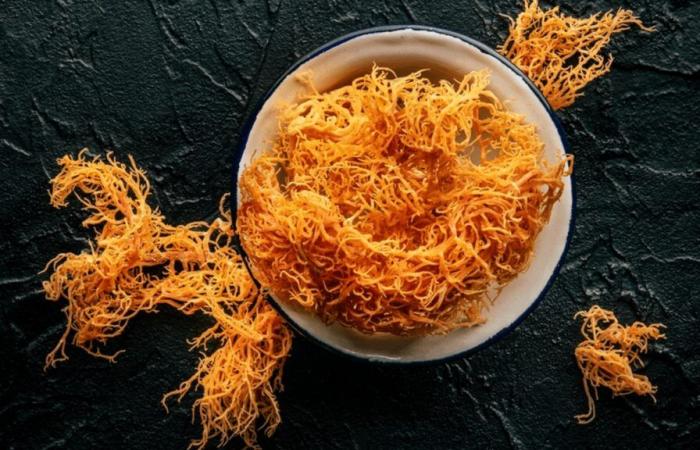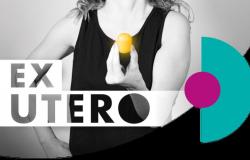Sea moss, a very popular algae on social networks, has several health benefits. Explanations from Doctor Faïza Bossy, nutritionist.
Written on 03/12/2024
Hello Doctors – Newen Digital
For several months, you may have seen content on social networks promoting sea moss, also called Irish sea moss. “It’s a red, marine algae that has become very popular”confirms Doctor Faïza Bossy, nutritionist.
However, is it a superfood with multiple health benefits? If the benefits are real, it should be consumed sparingly, advises the specialist.
Sea moss, source of minerals
Like all algae, sea moss is rich in essential nutrients. “What can explain its appeal is the presence of minerals: iodine, calcium, potassium, magnesium, iron and zinc”explains the Doctor.
Iodine is useful for supporting thyroid function, says the specialist. “We also find several vitamins in sea moss such as vitamins A, C, E and K, as well as vitamins B2 and B9 in smaller quantities.”
Also read: Can you eat pasta when you have cholesterol?
A food good for digestion, skin and hair?
Sea moss is also of interest for digestion, thanks to its high content of soluble fiber, specifies the nutritionist. There are also prebiotics, which nourish the good bacteria in the intestine.
The food also contains amino acids and is rich in antioxidants, “with phenolic compounds, polyphenols which fight oxidative stress”.
It would be good for hair and skin thanks to these antioxidants, vitamins A and E as well as minerals, “although scientific evidence is limited for moderate doses”tempers the specialist.
Beware of the dangers linked to excess algae
The first benefit of sea moss remains its benefit for thyroid health. Indeed, “it can help regulate thyroid hormones which are essential for our metabolism, energy and general health”says Doctor Faïza Bossy.
But be careful, excessive consumption of iodized products can disrupt the thyroid and lead to hypo- or hyperthyroidism. So, do not base your diet on products of iodized origin. In Europe, the recommended daily dose of iodine is 150 mg for an adult.
Moreover, “as with any product from the sea and the exploitation that results from it, there may be heavy metals such as mercury, lead, arsenic. The waters are polluted, we must therefore ensure that they are the origin and quality of the products”finally alerts the specialist.







